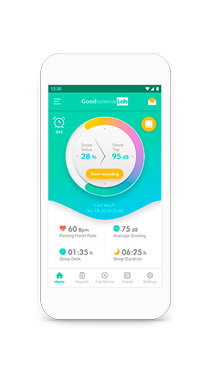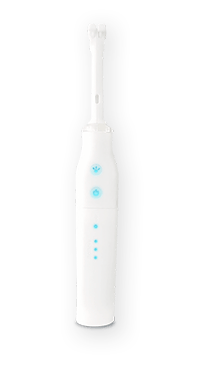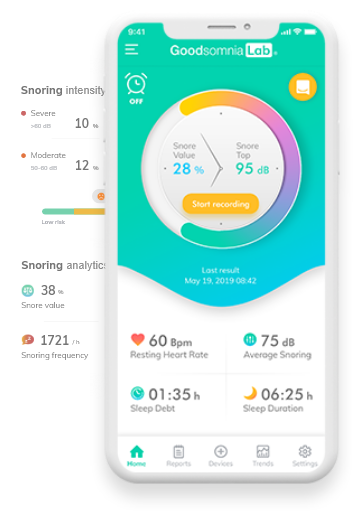The human body turns into a box of mysteries when we start speaking of hormones. It’s hard to underestimate how much our behaviour can depend on them.
Melatonin is one of those mysteries closely connected with sleep. Some might assume melatonin helps us sleep faster or the lack of it leads to insomnia.
The critical role of this hormone is to switch us into a low alert mode which is very beneficial for sleep preparation. It’s naturally produced in our brains from 21:00 to 9:00. This feature makes the connection between melatonin and sleep more vivid.
People who have age-inflicted insomnia, jet lag, or need to adapt to shift work often take extra melatonin to sleep better. Also, melatonin is proved to be helpful for people with sleep apnea. It can reduce stress caused by oxygen deprivation. And, it’s the only hormone available without prescription in US drugstores.
How does melatonin help you sleep?
For better understanding, imagine a parent who makes the bed before you go to sleep. They create a favourable environment, but can never make you fall asleep. That’s precisely how melatonin works. It relaxes your body and gives it a sign to get rest. Still, it’s up to you how to use this time.
Besides being linked to particular hours, this hormone is widely dependant on light. The more light you have around, the less melatonin is produced. That’s why it’s crucial to limit the use of gadgets before sleep, avoid night lights, etc.
Does melatonin help you with sleep?
It helps 100% to balance your inner clock. Our bodies get the most of the primary activities (be it eating, sleeping, waking up, doing workouts, whatever) when in fixed rhythms. So the focus should be made on keeping a healthy sleep routine. Melatonin can be beneficial if we know how to use it appropriately.
How much melatonin to take for sleep
For medical purposes taking melatonin to sleep is common for treating occasional insomnia. It can develop due to the peculiarities of the workplace (night shifts), a radical shift in time zones (after a long-distance flight), a busy lifestyle, etc. There are some popular questions around the intake process.
When to take melatonin to sleep? Two hours before sleep is considered the most optimal time.
How much melatonin to take? Up to 3 grams is enough to increase the level of this hormone by 20 times. However, the dose should be calculated individually.
What happens in case of overdose? When you take melatonin to sleep in high doses, you might experience drowsiness, increased core body pressure. Side effects rarely go further. So don’t much worry about it.
What you should worry about is the quality of your sleep. Do your best to organize a healthy environment before going to bed and let your body fully recharge.














